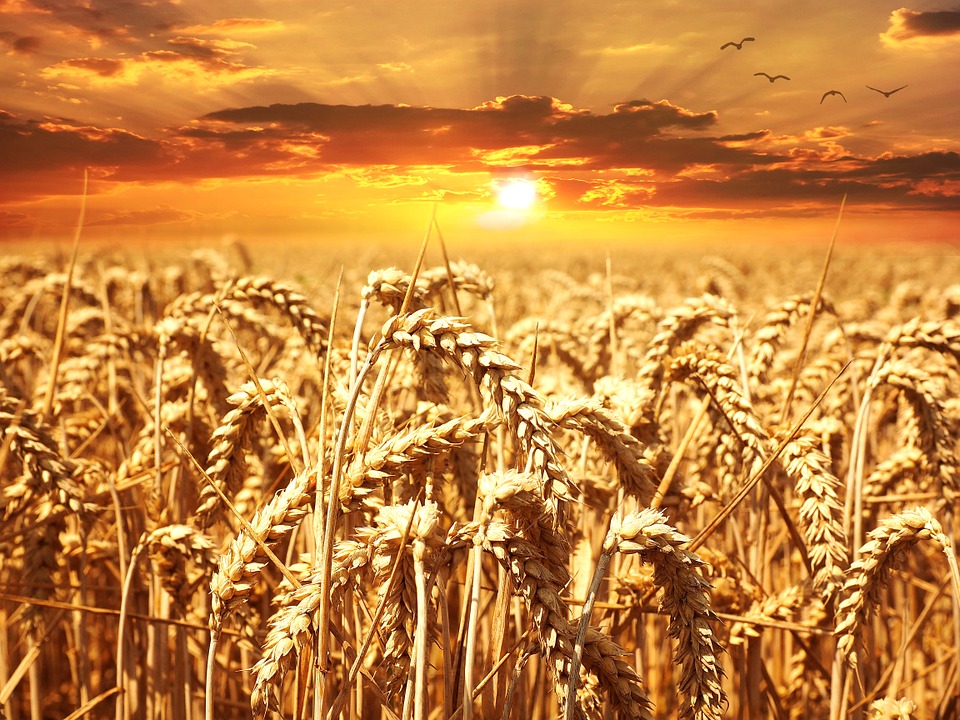Once upon a time, there was a farmer. He worked hard in his fields.


And then he had a bumper crop
He rushed it to the market. To get a fair price.
But Oh! You can only sell it at registered markets, and to a registered trader there!

Bumper Crop or otherwise, the farmers have no choice.
They have to get what the trader sells, OR
Give it to the government, at the Minimum Support Price

What do the Farm Bills mean?
The farmer can sell to anyone, whoever gives high price.

Producing directly for a company is called Contract Farming.
Are some people unhappy with the Bills?
Some people feel that this means that the government may not buy directly from the farmers. The minimum support prices are usually quite good.
Is that true?
The government does not procure just to support the farmer. The government is responsible for feeding many people in India under the Public Distribution System.

Do you know how many people get foodgrains at a low price under the Public Distribution System (PDS) of India? 800 million as of April 2020.
The government cannot reduce buying for these people. In fact, as population increases, the government has to buy even more to ensure that it has enough food for its people. In years of drought or floods, these emergency food supplies become even more important.
Theoretically, if someone offers the farmer a higher price for their produce, it will become harder for the government to buy from the farmer.

The Bills in our Parliament
The Indian Parliament passed two of the three highly contentious (likely to cause disagreement) ‘Farm Reform Bills’ on Sunday. The passed bills will now be sent to President Ram Nath Kovind for his assent.
In India, a Bill becomes a law only after both houses of the Parliament pass it with majority, and the President gives his approval.
The idea with all three bills is to liberalise the farm market, make the system more efficient, better price realisation for everyone, and to make farming a more lucrative enterprise. Let’s understand these bills.
The Farmer’s Produce Trade and Commerce (Promotion and Facilitation) Bill 2020 – Passed: It can be simply referred to as the ‘APMC* Bypass Bill’. This bill allows the farmers to sell their produce at places other than the APMC regulated mandis. The bill will not shut down APMCs but will allow farmers to sell to traders outside the recognised mandis too.
The Farmer’s (Empowerment and protection) Agreement on Price Assurance and Farm Services Bill 2020 – Passed: This can be simply referred to as ‘Contract Farming Bill’. This bill provides the farmers with the option to enter into contract farming. This means they can get into a contract (an agreement which is legally binding on both parties) with a company to produce what the company wants and get a high payment in return.
What is Contract Farming?
Suppose you are a coffee company. To make your coffee powder, you have to spend a lot of time at the mandis, trying to find good produce.
Over the years, you find that some farmers always bring good produce to the mandi.
You ask them to sell their coffee directly to your company next time. You also make an advance payment, and promise to buy their crop at the end of the season.
They are happy because they don’t have to worry about who will buy their crop. You are happy because you don’t have to waste hundreds of hours looking for good crop.
This is called Contract Farming.

The Essential Commodities Ordinance 2020 – Tabled: This can be simply referred to as ‘freedom given to agribusinesses to stock the produce’. This bill gives the agribusinesses the freedom to stock the produce without the fear of being penalised for hoarding (collecting in large quantity).
Agri businesses are businesses that depend on agricultural produce – like biscuits, oils, etc.
If you were a biscuit manufacturer, you would need to buy a lot of wheat. But, wheat is also an essential commodity for India (many people in India eat wheat as their food).
Now, you can keep bigger stocks of such items for your business, instead of the government thinking that you are doing this to hoard (keep in your warehouse so that there is a shortage and then you can sell the same item at a profit) .
Note: All images in this story are from animatedimages.org

